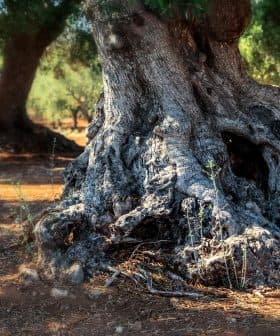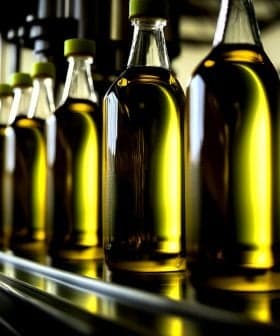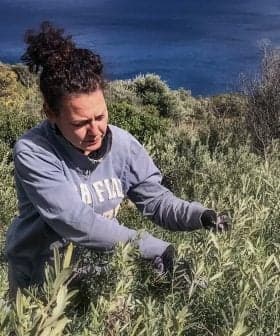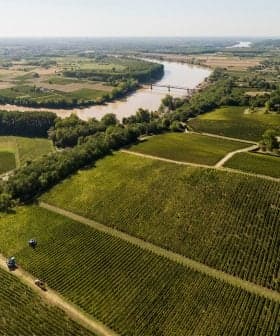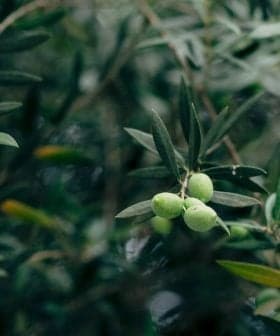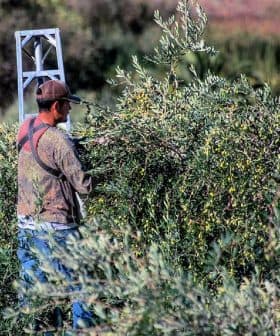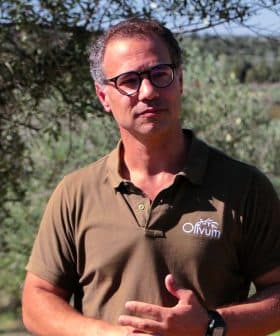Olive Farming Seen as a Promising Alternative to Ailing Citrus Industry in Florida
The citrus greening disease has caused significant losses in the Florida citrus industry, leading farmers to explore growing olives as an alternative crop with the support of researchers from the Institute of Food and Agricultural Sciences at the University of Florida. Scientists are studying different aspects of olive production in Florida, collaborating with the U.S. Department of Agriculture and experts from other states, while some farmers have already started planting olive trees on their farms in hopes of reinventing themselves after the devastation caused by citrus greening.
The citrus greening disease, or Huanglongbing, has seriously affected the $10.7 billion Florida citrus industry, “causing approximately $7.8 billion in lost revenue, 162,200 citrus acres and 7,513 jobs since 2007,” according to researchers from the Institute of Food and Agricultural Sciences, University of Florida.
As citrus greening shows no sign of abating, Florida farmers venture into growing olives on fields that have only known citrus trees.
In their new undertaking to replace their citrus orchards with olive groves, Florida farmers are glad to have the support of scientists from the Institute of Food and Agricultural Sciences at the University of Florida.
A new opportunity to reinvent ourselves after catastrophic losses to citrus greening.
The researchers will study different aspects of growing olives in the state, according to IFAS News. Jennifer Gillett-Kaufman, an entomologist and lead investigator of the study on viability of olive production in Florida, will investigate diseases caused by pests in olives, while Mack Thetford, of the West Florida REC in Jay, Florida, will study the horticultural aspect of growing olives.
Although the olive is still a new crop for Florida, the Florida Olive Council was formed 10 years ago to promote olive crops. Now it has a big hand in helping launch olive farming in the Sunshine State.
The council planted different varieties of olives at five Research and Education Centers of the Institute of Food and Agricultural Sciences, University of Florida, which will be studied by the scientists.
Additionally, the team of researchers from the Institute will collaborate with the U.S. Department of Agriculture and researchers from Texas and Georgia to better understand olive cultivation processes.
To educate farmers about olive farming, olive culture, cultivar selection and marketing, the team invited olive experts Louise Ferguson and Paul Vossen from the University of California, Davis, to present at a seminar and workshop back in 2012 on the potential of growing olives in Florida.
Some citrus farmers have already started growing olive trees on their farms. In 2012, Richard Williams ventured into olive farming and planted 11,160 olive trees on his 20-acre farm, Florida Olive Systems, Inc. Apart from the three varieties of olives — Arbequina, Arbosana, and Koroneiki — he planted 16 other varieties of olive trees in containers for observation.
Florida Olive Farms is another olive farm started in 2012 by brothers Jonathan and Stephen Carter. It has 20,000 olive trees, mainly of the Arbequina variety, planted over 33 acres of land that are expected to produce their first harvest this year.
While there are several new high-density olive groves taking root in Florida, Don Mueller stands out as a successful olive farmer who has been selling Florida olives and olive oil for more than 10 years, according to the Florida Olive Council.
Florida currently has 300 acres of olive trees managed by about 50 growers, according to Council president, Michael O’Hara Garcia, and confidence in growing olives in Florida is growing due to the support and interest taken by researchers from the University of Florida and elsewhere.
While olive growing is not for the faint-hearted, said Richard Williams, one of the pioneer olive farmers in Florida, “it’s a new opportunity to reinvent ourselves after catastrophic losses to citrus greening.”


